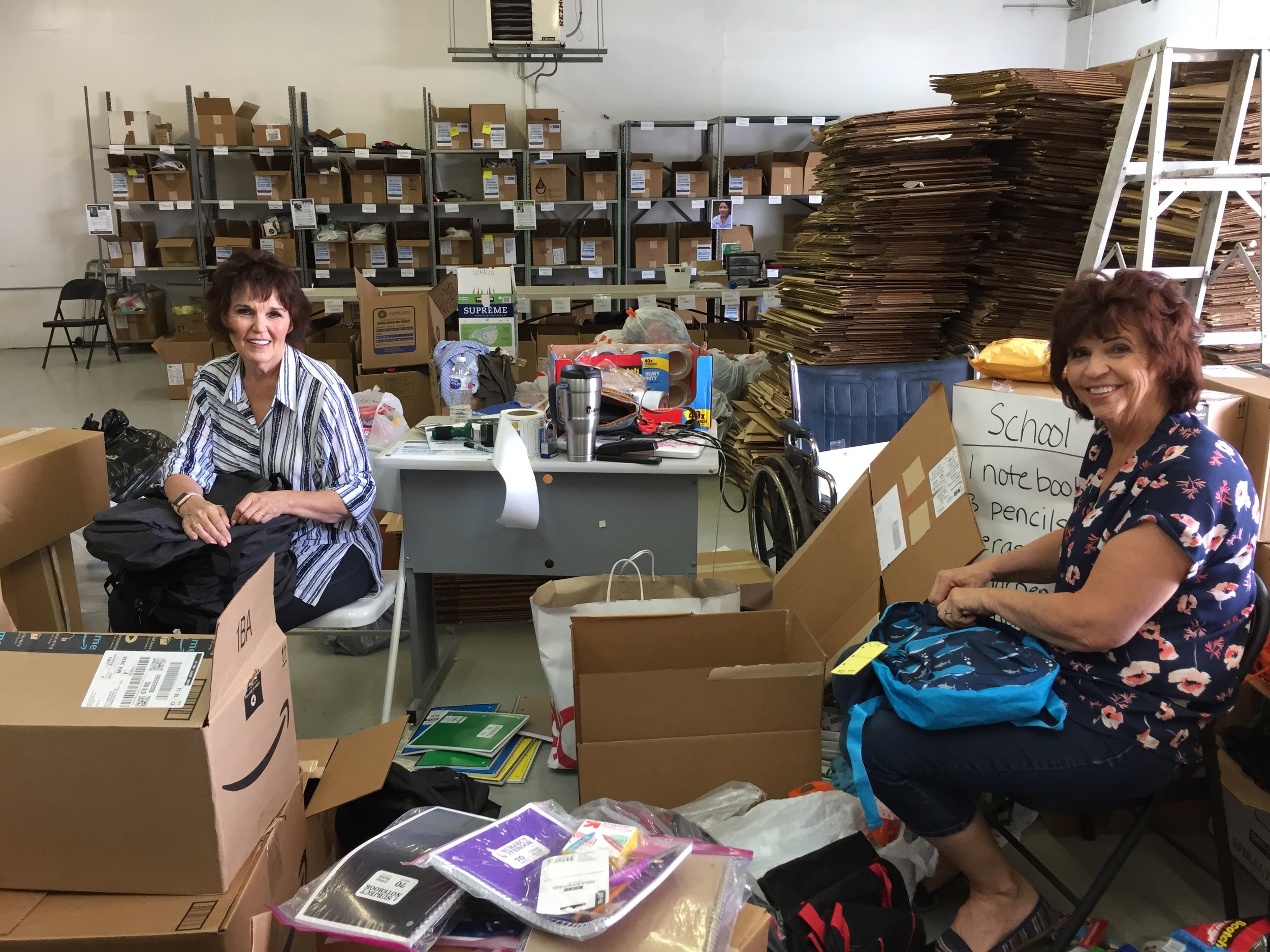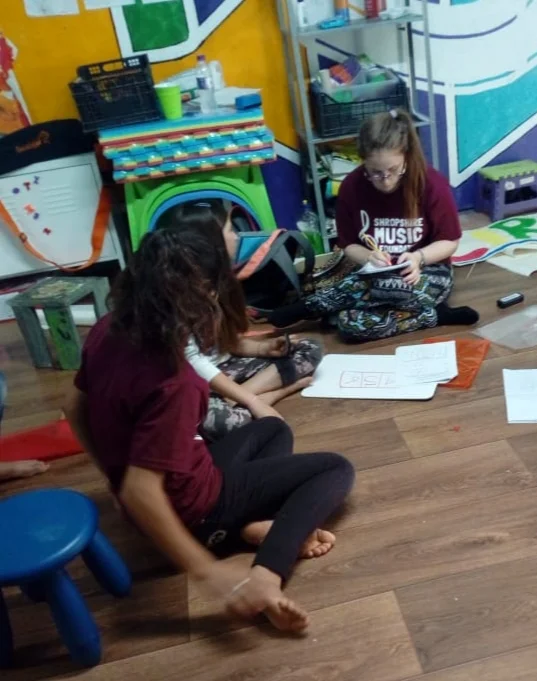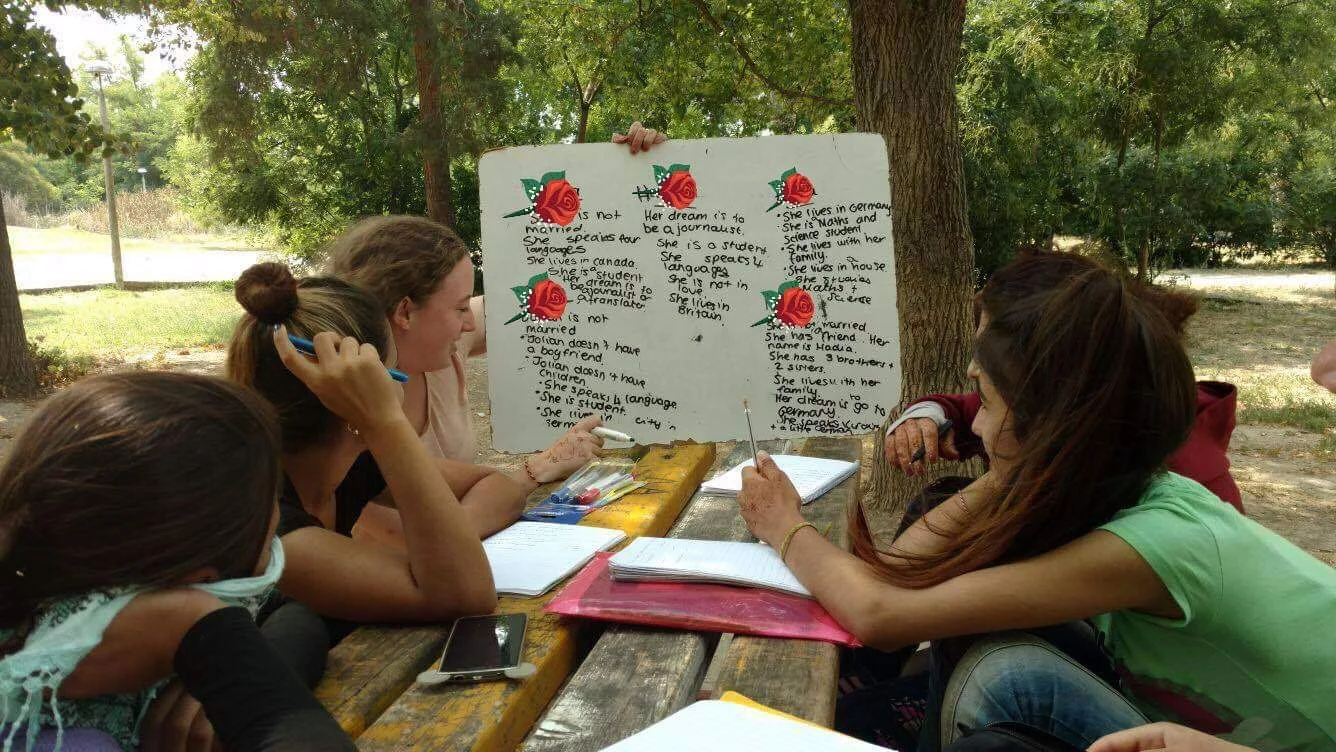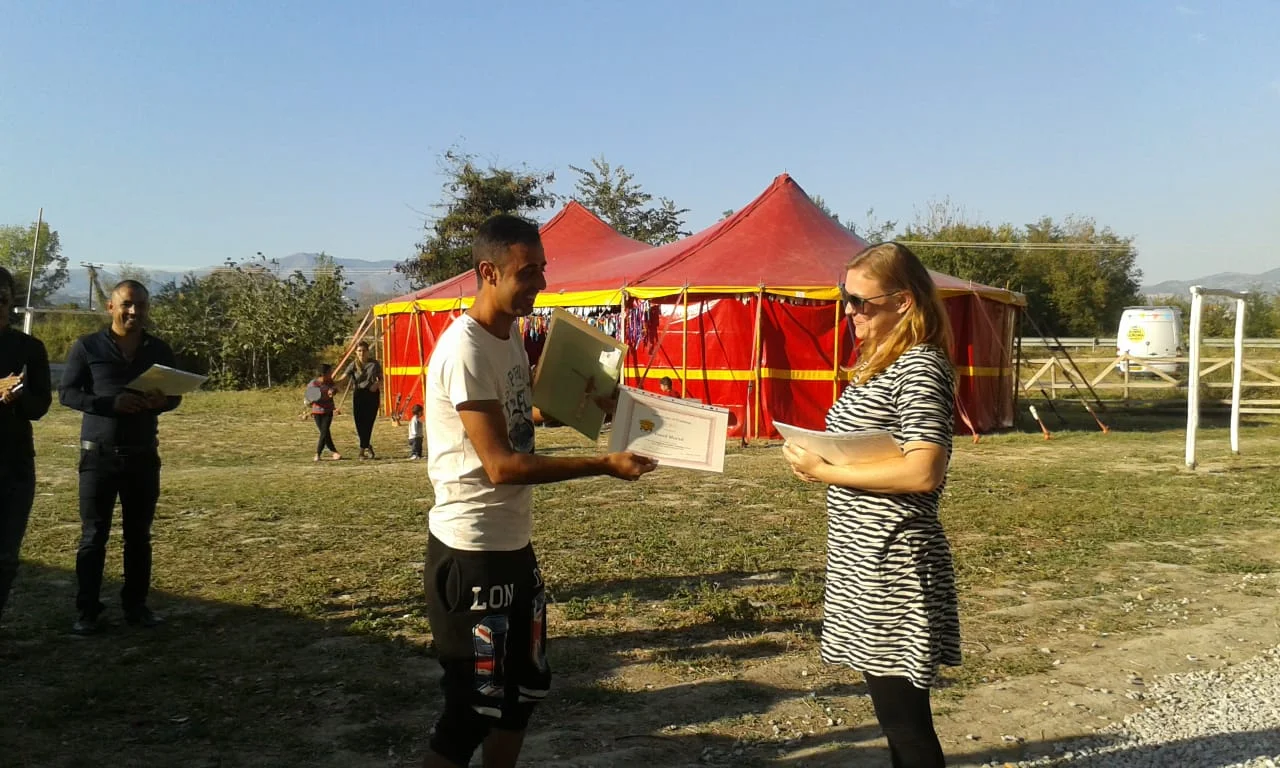Debi is one of our incredible Utah warehouse supervisors. She always shows up with kind words and a wonderful attitude and dives right in! We often receive a lot of donations that pile up very quickly, and Debi likes to get right to work organizing everything. She’s also recruited several family members and friends to come help us out!
Tell us a little about yourself:
I am 66 years old, and while I grew up in Chicago, I have lived my adult life in Utah. I attended BYU, with a desire to teach, but married at 19 years old, and my career became home and family. I have 8 children, and my life’s goal has been largely centered on raising them to be good people! I have always been drawn to Humanitarian work, and have enjoyed humanitarian travel to Guatemala and Ethiopia. Other travels have taken me to India, Costa Rica, Mexico, and Zimbabwe, all of which have enlarged my world view and conviction that while I have been blessed with such abundance, I must share with others. I believe strongly that we are all God’s children, and so must treat each other as “family.”
How did you become involved with LHI?
I became involved with LHI when searching for a service project to do with my grandchildren at a cousins camp. I found LHI on justserve.org, and we put together school kits. We took them to the drop-off point, which happened to be Traci’s living room, which was already overflowing with donations! She mentioned that she was hoping to get a warehouse rented to take the pressure off of her home, and I told her to keep me in mind if she needed help. When the warehouse was rented, I became a sort of shift supervisor, going in every Wednesday. The work is varied at the warehouse…I would summarize it as bringing chaos into order.
What is a typical day like for you?
We sort, count, box, label and stack donations, preparing them for shipping on loading containers. One of the joys of working at the warehouse is rubbing shoulders with the good people who you work with. There is a great spirit that attends this kind of work!
What have you learned since volunteering with LHI? Has your perspective changed?
My experience at LHI has shown me (as other Humanitarian efforts have) that while we busy ourselves with daily life, there are some things that really matter. I think of the words of William Wordsworth:
The world is too much with us…getting and spending we lay waste our powers.
I enjoy volunteering at LHI because I feel I am doing something that matters. Other efforts rush through my days, but his type of work is not wasted…it counts.








































